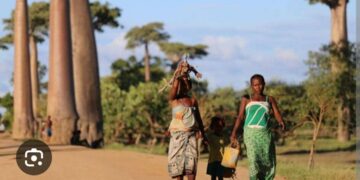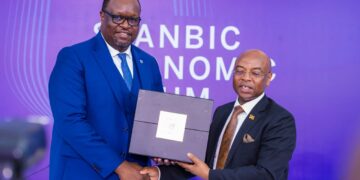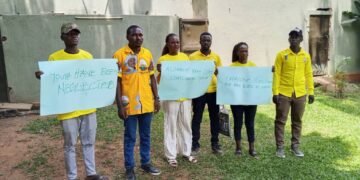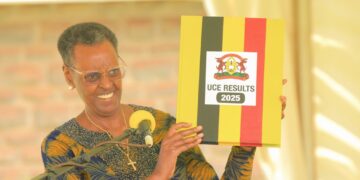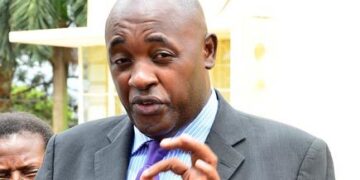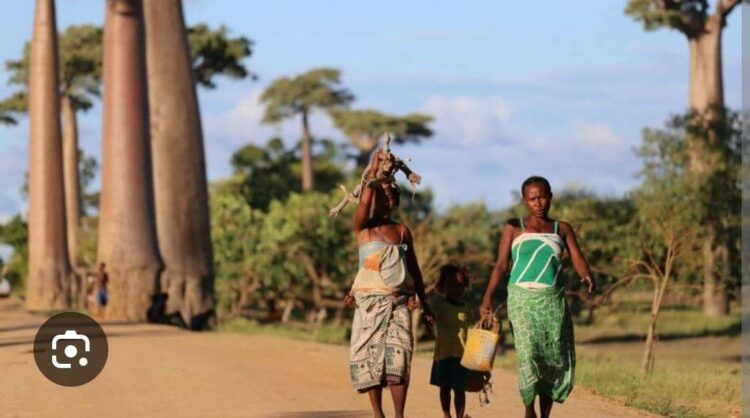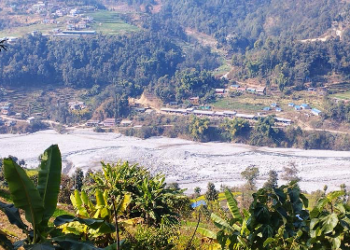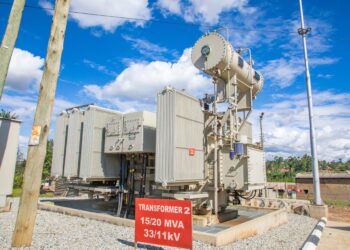OPINION
As the Africa Climate Summit convenes in Addis Ababa, African leaders face a critical test: turning ambitious promises into concrete action. At the first Summit in Nairobi (2023), Africa set bold targets, global carbon taxation, operationalization of the Loss and Damage Fund, reform of global financial systems, fulfillment of the $100 billion annual climate finance pledge, and expansion of renewable energy capacity to 300 GW by 2030. Yet, many of these commitments remain unfulfilled. Climate finance is insufficient, renewable energy deployment is slow, and communities continue to face environmental degradation and disrupted livelihoods.
Observations from affected communities are stark. Fossil fuel dependence and unsustainable practices have led to environmental damage, increased poverty, and vulnerability, particularly among women, youth, and marginalized groups. Underrepresentation in decision-making processes limits the effectiveness of climate action, while unpaid care work and lack of economic empowerment further entrench social inequities.
To address these urgent challenges, leaders must act decisively. Africa must accelerate the transition to decentralized renewable energy, investing in hydropower, solar, wind, biomass, and geothermal solutions at the grassroots level. Inclusion in decision-making is essential: women, youth, people with disabilities, and indigenous communities must have real influence over climate policies and leadership. Policies must also recognize, respect, and redistribute unpaid care work, integrating it into economic planning and promoting shared responsibilities. Investing in green economic alternatives will empower local communities, reduce poverty, and mitigate inequalities. Finally, climate financing must be channeled to gender- and community-centered programs to unlock local solutions for adaptation and resilience.
The ongoing Summit presents a pivotal moment. Africa must hold itself and global partners accountable, ensuring that climate pledges become tangible outcomes. By acting on these observations and recommendations, African leaders can secure a sustainable, resilient, and equitable future for all. The time to move beyond promises is now.
By Ahirirwe Leticia,
The writer is an assistant communications officer – Wogem Uganda
